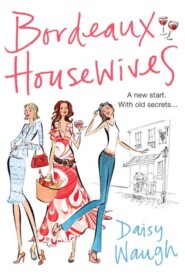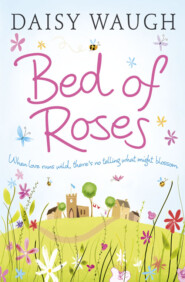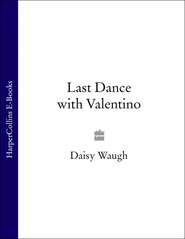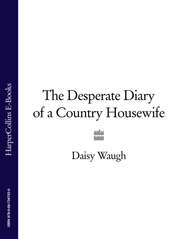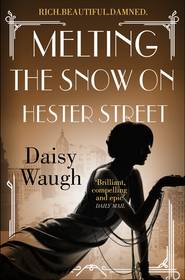По всем вопросам обращайтесь на: info@litportal.ru
(©) 2003-2024.
✖
Honeyville
Автор
Год написания книги
2018
Настройки чтения
Размер шрифта
Высота строк
Поля
By the time we reached Aunt Philippa’s house two blocks north of City Hall, Inez had already collected three eager lady students. ‘Between you and me, they’re not quite wealthy enough to be part of the Ladies’ Music Club,’ Inez explained to me in her noisy whisper, as soon as they passed, ‘which makes them all the keener to hang onto our coat-tails, Mrs di Leopaldi. I tell you what, you’re going to make a fortune, Dora! And no one to take any commission off you, either.’
Mention of Phoebe and her commission – or rather Phoebe and her imminent lack of it – made my stomach lurch so violently that we had to pause. What was I even thinking? Phoebe would kill me if she discovered what I was attempting. She would send her stooges round and have me beaten until I begged for mercy. Was I mad?
Even now, I feel a prickle of fear, remembering. But I wasn’t mad. In retrospect, I know the word is ‘desperate’. Remote as it was, Inez seemed to be offering me a way out: a new life that didn’t depend on the whims of a single, vicious woman whom, over the years, I had learned to hate.
‘Oh we can deal with Phoebe!’ Inez said blithely. ‘For crying out loud! Let’s just concentrate on getting ourselves through this!’
As we turned into the McCullochs’ street – three times the width of Main Street, and each handsome house as large as any mansion, I felt my knees buckle, and Inez had to push me up the steps to the great front door.
‘Inez!’ I whispered, as we waited for the maid to answer. ‘I can’t speak Italian! Not a word!’
‘For heaven’s sake,’ she said, stamping her foot. ‘Nor can they! They’ve just about heard of Michelangelo. And Rome. Relax! You’re going to be just fine …’
Aunt Philippa looked nothing like her niece; twice her girth (though the same small height), her hair and eyes were as dull and pale as Inez’s were alight with colour and life.
‘No, no, she surely didn’t inherit all that prettiness from me!’ Aunt Philippa remarked cheerfully, putting a plate and doily into my hand, and an array of small, unwanted sandwiches. ‘Why, she looks more of an Italian. Like you, Mrs di Leopardaldi.’ She looked at me again: at my light brown hair and hazel eyes. There was nothing Italian about any of us. ‘Even more so,’ she muttered vaguely. ‘Inez tells me you’re a wonderful opera singer! Well, have you glimpsed our little opera house? Of course you have – it’s right opposite you at the Columbia. Built by Jews, by the way. But we don’t mind that. Here in Trinidad, we are terribly open-hearted, you will discover. Italians too – just about anyone is just fine with us. And the opera house – I call it little, but it’s not really little, now is it? It’s our most handsome building – after the Columbia, some people say. I disagree. I think it’s handsomer than the Columbia. But what do you think? You’re an Italian. You know about these things. Do you think it’s more or less handsome? As a building? I should love to know …’
Philippa McCulloch might not have resembled her niece in any physical way, but I wondered who got the first word in edgeways at dinner. She didn’t wait to hear my answer: not that I would have given it to her, anyway. I hated the opera house. The opera house was what had brought me to Trinidad in the first place, and seven years on, I couldn’t walk past it without a shudder.
Вы ознакомились с фрагментом книги.
Приобретайте полный текст книги у нашего партнера:
Приобретайте полный текст книги у нашего партнера:






